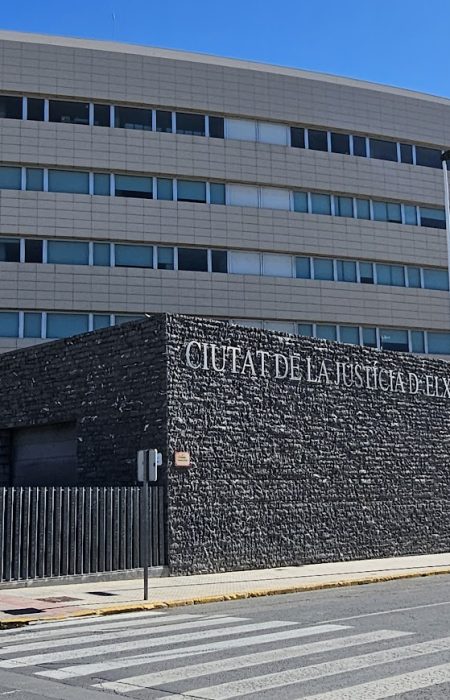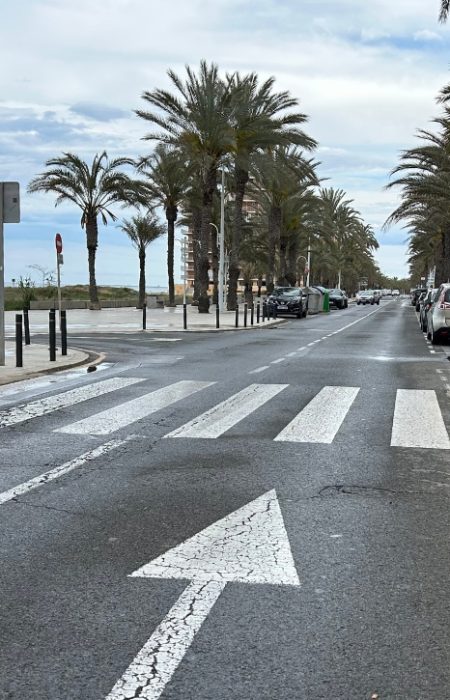The Provincial Court of Murcia has ordered the preliminary discharge of judicial proceedings into an alleged cryptocurrency-related scam in which an Elche-based company was designated as a recipient of cash. The verdict determines that the proceedings will be halted since it was not able to establish the existence of a crime or identify the specific perpetrator.
The procedure was initiated in response to a complaint from a person who claimed to have been a victim of a pyramid scheme through an online investing platform that allows users to trade in a variety of financial markets, including currencies, cryptocurrencies, commodities, and stocks. He made an initial deposit of €250. According to the fund managers, as the alleged transactions advanced, he was induced to contribute up to an extra €100,000, which was divided into two payments of €60,000 and €40,000 to another platform. This second company also serves as a cryptocurrency exchange and payment processing platform, allowing users to purchase, sell, and use cryptocurrencies, as well as make business payments and send invoices.
He was then pushed to establish a larger investment fund worth €400,000, with up to €200,000 transferred to accounts in Slovenia, Estonia, and Spain. At this point, connections to the Elche-based corporation became apparent.
The fractured trail of bitcoin

Police and court investigations discovered that the complainant’s monies were spread across various accounts at banks including BBVA, Santander, Bankia, ING, and cryptocurrency platforms. According to police papers, some of this money wound up in accounts held by individuals in Valencia, Madrid, and Barcelona. Some of these accounts showed behaviours comparable to those of financial “mules”—those who give up their accounts to receive and resend funds—while others featured persons who may have been victims of similar schemes.
During the investigation, it was discovered that the strategy used by individuals responsible for the purported swindle was not unique, but rather intricate. The structure reproduced the pyramid scheme concept by making false promises of huge returns, which were typically tied to opaque financial goods or unregulated cryptocurrency platforms. Communications with the victim took place through informal means — mostly emails, calls from secret numbers, and encrypted messaging platforms — making it extremely impossible to identify the true interlocutors.
Furthermore, the fact that many of the payments ended up on exchanges—cryptocurrency trading platforms—presented another challenge: once the monies were transformed into digital currencies such as Bitcoin or Ethereum, they were no longer controlled by traditional financial institutions. Although several platforms partially cooperated, Spanish authorities received limited responses, some of which cited to internal privacy and data protection legislation that prohibited the disclosure of information without particular court decisions from their territories.
The case also attempted to look into the receiving corporate structures, particularly those situated in countries like Estonia and Slovenia, which have been targeted by the FATF (Financial Action Task Force) for using shell firms for dubious activity. However, the responses were either inconclusive or late, reducing the proceedings’ evidentiary value.
UDEF
According to one of the UDEF’s studies, the operations analysed followed patterns typical to international fraud networks, such as utilising “bait accounts” to divide assets into sections that are difficult to trace, a tactic known as smurfing. Typical acts of financial mules were also identified: residents who enable the use of their bank accounts in exchange for little financial reward, oblivious to the illegal origin of the money.
This accumulation of difficulties, combined with the partial prescription of some movements and the inability to identify the final recipients of the transferred capital, led the investigating court and the Court to conclude that the minimum conditions for continuing the criminal proceedings without violating procedural guarantees had not been met.
The Chamber, consisting of Judges Juan del Olmo Gálvez, David Castillejos Simón, and Miguel Rivera Muñiz (rapporteur), dismissed the case as there was no evidence of deliberate deception or fraudulent intent in the complainant’s deposits. Furthermore, numerous account holders, including those domiciled in Spain, may have been duped, according to the research.
“It has not been possible to prove either the essential elements of the crime of fraud or the perpetrator,” the court’s order adds. Added to this is a specific procedural reason: the maximum investigation term, as defined in Article 324 of the Criminal Procedure Act, had elapsed without an extension being agreed upon, preventing further investigation.
Heritage
The complainant initially filed an appeal, demanding that the matter be continued in order to further investigate individuals involved’s assets. However, the judges criticised his reasoning as ambiguous and lacking detail, failing to define what additional material could provide sufficient evidence.
The Murcia Court’s opinion is one of the first to address the reform of inquiry durations.
The ruling remembers that the Supreme Court and Constitutional Court’s jurisprudence allow for a ruling by reference to a previous verdict when the appellant does not present new facts or reasons, as is the case here.
The case has been officially closed after an inquiry that began in 2021. No comments were obtained from the directors of the Elche-based company or any other alleged suspects. The Elche-based corporation, which appeared in the plan for receiving and transferring monies, was ultimately not legally charged because no clear link to the illicit activities could be found.
Thus, the criminal procedures are concluded without defendants or a trial, in one of the first verdicts to provide clear procedural rules following the change of the investigative period for complicated criminal cases.









No Comment! Be the first one.